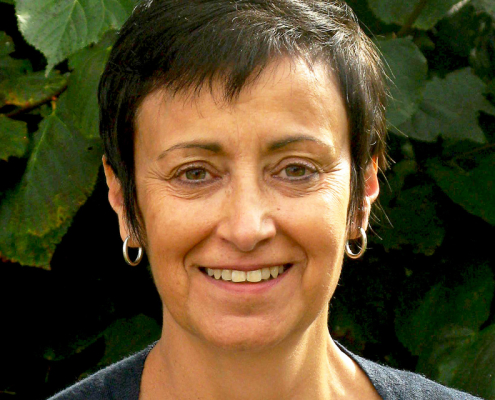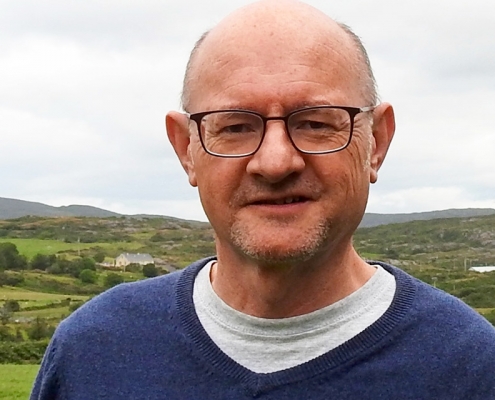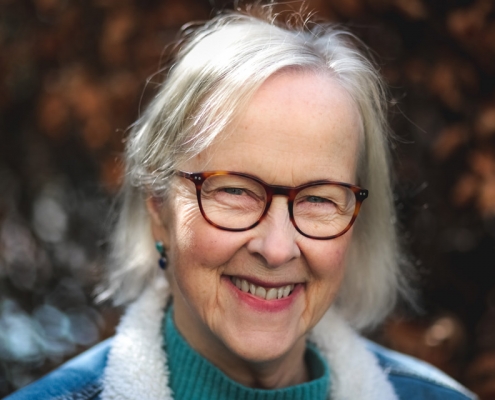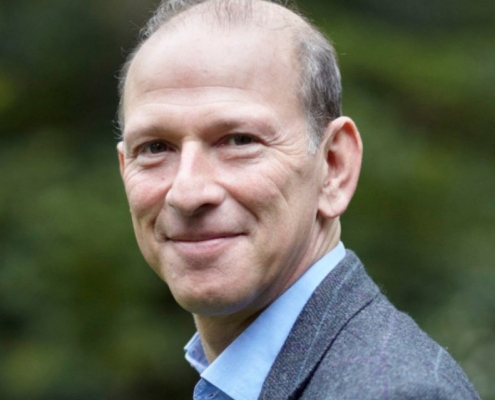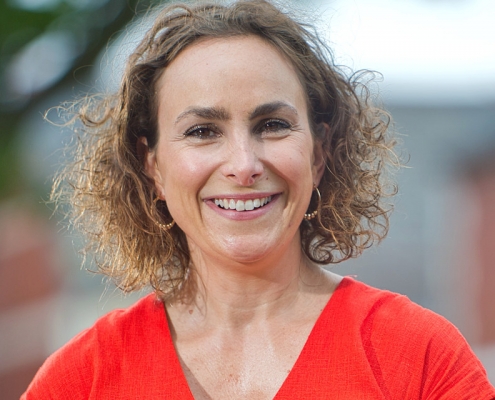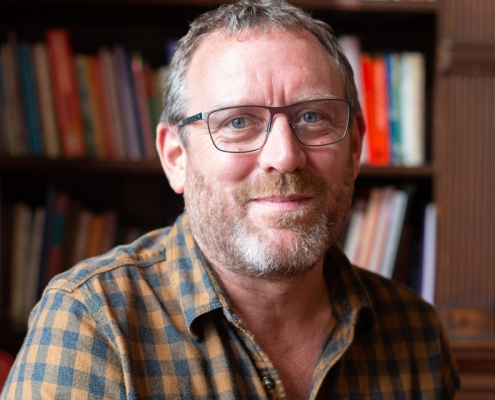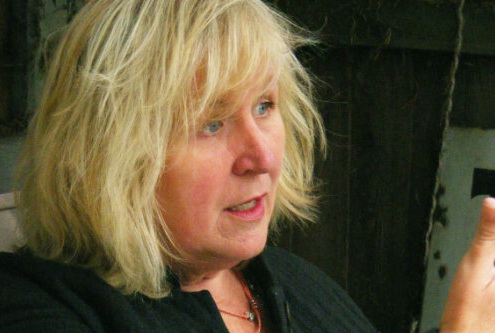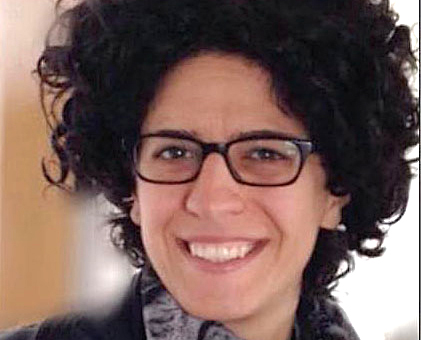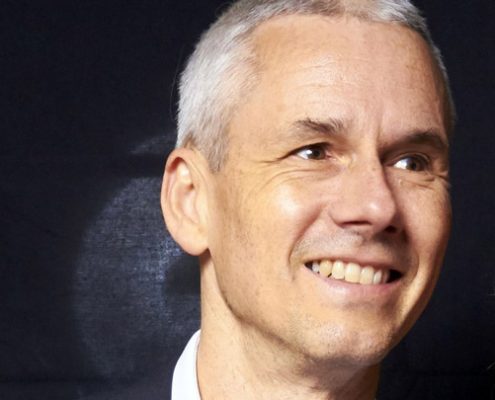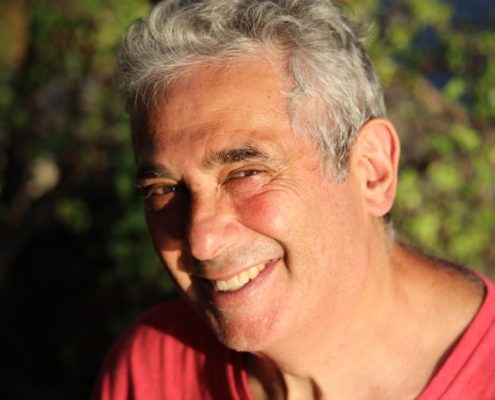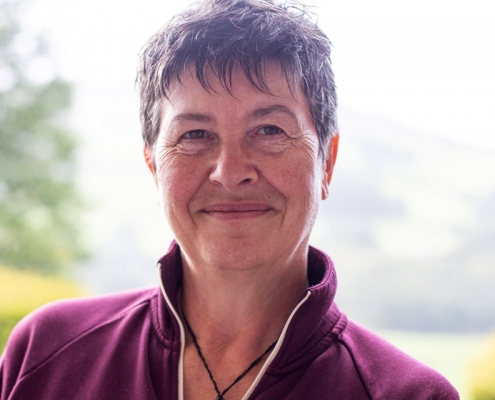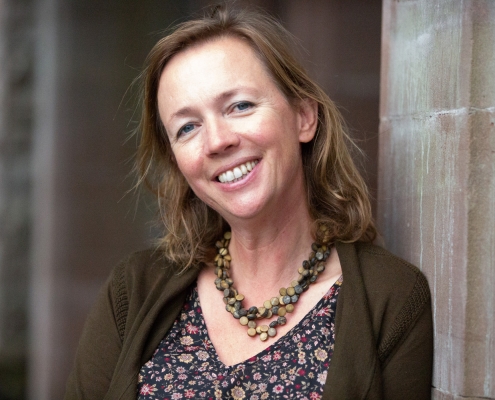Dr Glenn Roberts
Contemplative Psychiatrist Glenn Roberts is an expert on recovery and rehabilitation, and one of the founders of Recovery Devon. Glenn worked as a consultant psychiatrist at the Devon Partnership NHS Trust rehabilitation service in Exeter, and has led on recovery for the Royal College of Psychiatrists.
Areas of interest
- Power of Stories
- Cultivating opportunities for recovery
- Meaning and madness
- Burnout and practitioner health
- Nature connections and
The Dharma of Dog
Glenn Roberts is one of the pioneers of the recovery movement. He is a retired consultant psychiatrist living in Devon, where he has worked for the last 30 years. Glenn is a past academic secretary of the Faculty of Rehabilitation and Social Psychiatry at the Royal College of Psychiatrists, and past lead on Recovery for the Royal College of Psychiatrists (2005–2011). Glenn has led a recovery research and innovation group in his NHS Trust, and was a Senior Consultant with Centre for Mental Health’s Implementing Recovery through Organisational Change (ImROC) project team.
In Understanding Recovery, Glenn writes:
“The roots of the recovery movement in psychiatry have been traced back to humanistic philosophers, social activists and compassionate clinicians over the past couple of hundred years …. It may be uncomfortable to accept that the recovery movement has arisen from the service user movement, which, since its inception, ‘has highlighted their perception of a lack of compassion in psychiatric services’ (Spandler 2011).
“It is challenging to realise that our personal qualities, our kindness and capacity for hope-inspiring relationships, and ability to support everyday solutions to everyday problems may be experienced by the people we work with as more important than our knowledge, qualifications or technical skills.”
Glenn says:
“Conventionally we keep personal and professional accounts of our lives separate but I realised from my early studies and teaching on burnout with doctors, that my life and work were intimately interwoven. This has mostly been a creative interrelationship but at times has become tangled, even painfully entangled. Throughout it all I’ve come to value what Bill Anthony called, ‘the transcendent value of personhood’. I have also been deeply troubled and grieved by the impersonal or depersonalised nature of some of our care and services and have seen restoring meaningful, respectful, responsible and responsive relationships as a major aspect of working for recovery.
My doctoral studies of, ‘meaning and purpose in delusional belief systems’ were a personal journey which laid the foundation for all my subsequent work in psychiatric rehabilitation, based on understanding madness as a meaningful response to life experience.
Learning about ‘Recovery’ from the testimony of people working to overcome their difficulties was the most hopeful and helpful development for both my personal and professional lives, and has informed much of my work and writing.
After 35 years in Psychiatry, I came to late mid-life with a strong sense of having become over-stretched and over-defined by an accumulation of otherwise wholesome and much valued commitments, and in great need of an opportunity to take stock and catch up with myself. Stepping back gave me the time and space to adopt a simpler pattern of life, which led on to mindfulness meditation practice and contemplative studies.
Five years later I find that I continue to value the journey towards becoming more aware, awake and alive and have found myself learning about the nature of mind and managing personal experience in ways that eluded me in traditional psychiatric education and practice. This is, I hope, an open ended lifelong learning process with many implications for ‘Recovery work’.
My current work and study is focused on: spirituality and psychosis; cultivating community; the art of recovery; nature connections; the ambition to live mindfully; the search for healthful wisdoms and in returning to my early days of wandering the forest I benefit greatly being taught by my dog to live with two feet firmly on the ground.
Glenn is one of the founders of Recovery Devon, a community interest company that supports Recovery and wellbeing to promote radical change in mental health attitudes and provision. Recovery Devon is a partnership between people with lived experience of mental health issues and their supporters and family, alongside mental health practitioners.


